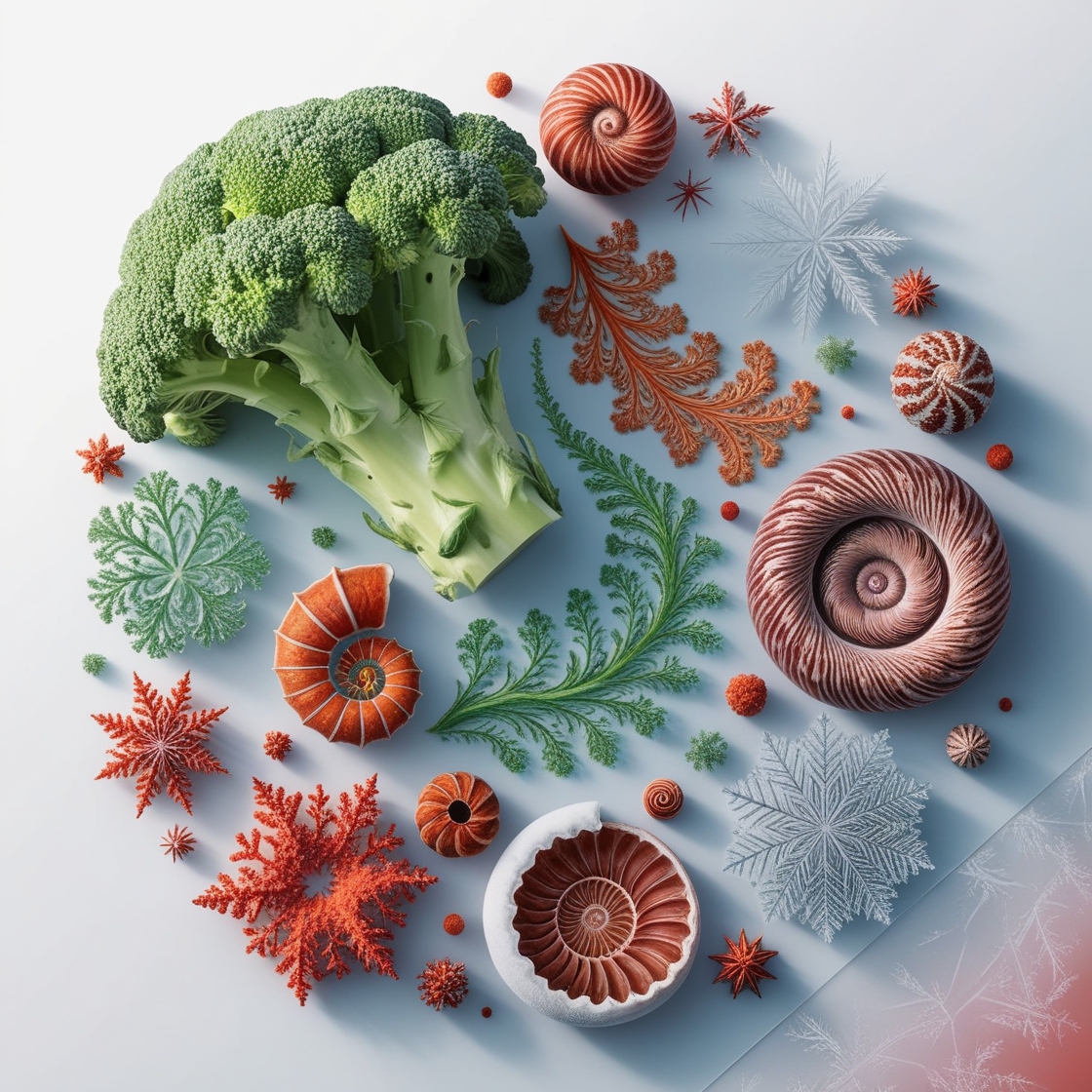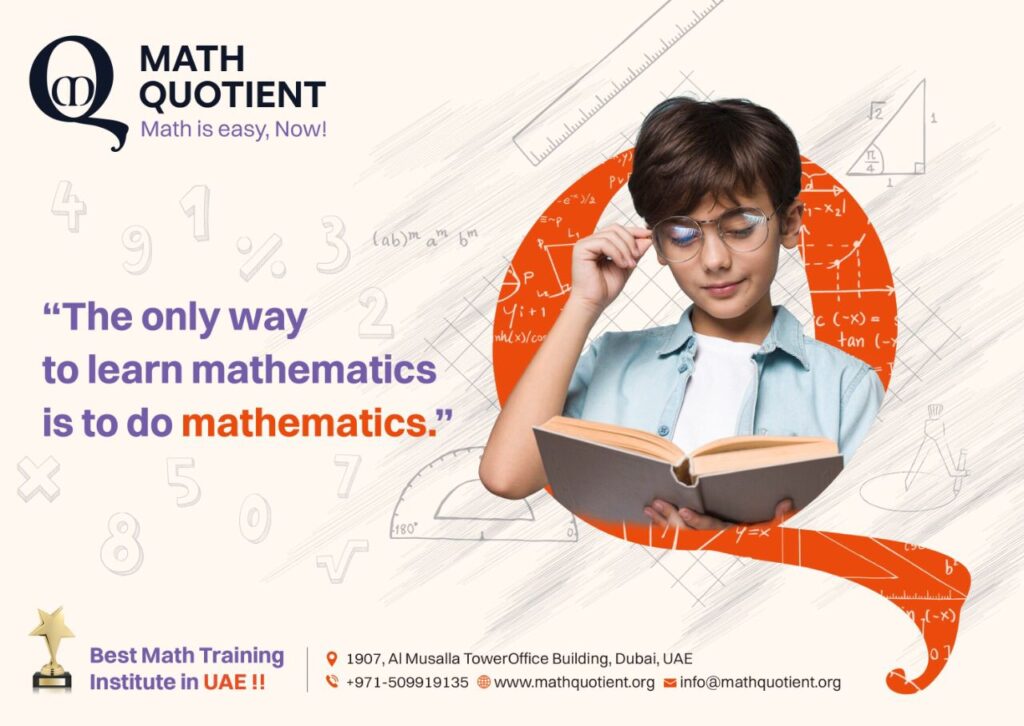How the Abacus Shaped the Foundations of Modern Mathematics
The abacus, a seemingly simple tool of beads and rods, holds a profound place in the history of mathematics. Originating thousands of years ago, this timeless device has not only shaped the way we understand numbers but also laid the groundwork for the complex computational systems we rely on today.
The Abacus: More Than Just a Counting Tool
The abacus, a simple yet powerful tool, has been used for centuries to teach arithmetic. However, its benefits extend far beyond basic math skills. Abacus learning helps develop a child’s cognitive abilities, including memory, concentration, visualization, and problem-solving. This is because using an abacus involves both the left and right hemispheres of the brain, promoting balanced brain development and enhancing overall mental agility.
A Journey Through Time: The History of the Abacus
The abacus first emerged around 2300 BCE in Mesopotamia, where merchants used it to streamline trade calculations. From there, it spread across civilizations, each adapting it to their needs:
China: Introduced the “suanpan,” an abacus with two beads on the top row and five on the bottom, designed for base-10 calculations.
Rome: Developed a portable version made of stone or metal for quick calculations in trade.
Egypt: Used it for construction projects, managing vast resources for monumental works like the pyramids.
A Journey Through Time: The History of the Abacus
In today’s digital era, the abacus has reinvented itself as a tool for holistic brain development:
- Mental Math Training: Modern abacus techniques help children visualize calculations, boosting their speed and accuracy.
- Cognitive Development: Regular practice enhances memory, concentration, and problem-solving skills.
- Stress Relief for Adults: Some use abacus exercises as a meditative activity, promoting mindfulness and focus.
Apps and digital platforms now simulate the abacus experience, merging ancient methodologies with cutting-edge technology.
- 1. Enhanced Concentration and Focus: Abacus training requires children to focus on the beads and perform calculations mentally, which naturally improves their concentration. Over time, this increased focus extends to other areas of learning and everyday life.
- 2. Improved Memory: Regular practice with an abacus helps enhance a child’s memory. They learn to remember the position of beads and visualize their movement, which strengthens their ability to retain and recall information.
- 3. Development of Mental Math Skills: Children who learn to use an abacus often develop strong mental math skills. They can perform complex calculations in their heads without relying on paper or electronic devices, which boosts their confidence and makes math more accessible.
- 4. Better Problem-Solving Abilities: Abacus training encourages children to think logically and approach problems methodically. This skill is invaluable not only in math but in all areas of learning and decision-making.
- 5. Boosted Confidence: As children become proficient with the abacus and see their skills improve, they gain confidence in their abilities. This newfound self-assurance often translates to better performance in other subjects as well.Conclusion: The Abacus – Then and Now
The abacus is more than a relic of history; it’s a timeless invention that continues to leave its mark on education and skill development. Its ability to bridge the ancient and modern worlds showcases the genius of early problem-solvers.
In a fast-paced, tech-driven age, the abacus offers something unique: a tactile, hands-on learning experience that fosters critical thinking, precision, and a love for numbers. For children, it’s a gateway to mastering math with confidence. For adults, it serves as a reminder of how far humanity has come in our quest to make calculations easier.
What’s even more fascinating is how the new-age abacus techniques are helping reshape education. Schools and learning programs across the globe are reintroducing it as a tool for sharpening focus, improving memory, and enhancing multitasking abilities. The simplicity of moving beads on a rod can spark curiosity, develop problem-solving skills, and cultivate patience—qualities often lost in a world dominated by screens.
So, whether you’re learning for the first time or revisiting an old friend, the abacus proves that sometimes, the most revolutionary tools are also the simplest.
As we marvel at the digital age, let’s not forget the ingenuity of tools like the abacus that made this progress possible. It’s more than just a calculating device; it’s a symbol of human creativity and an enduring tool for lifelong learning.





















